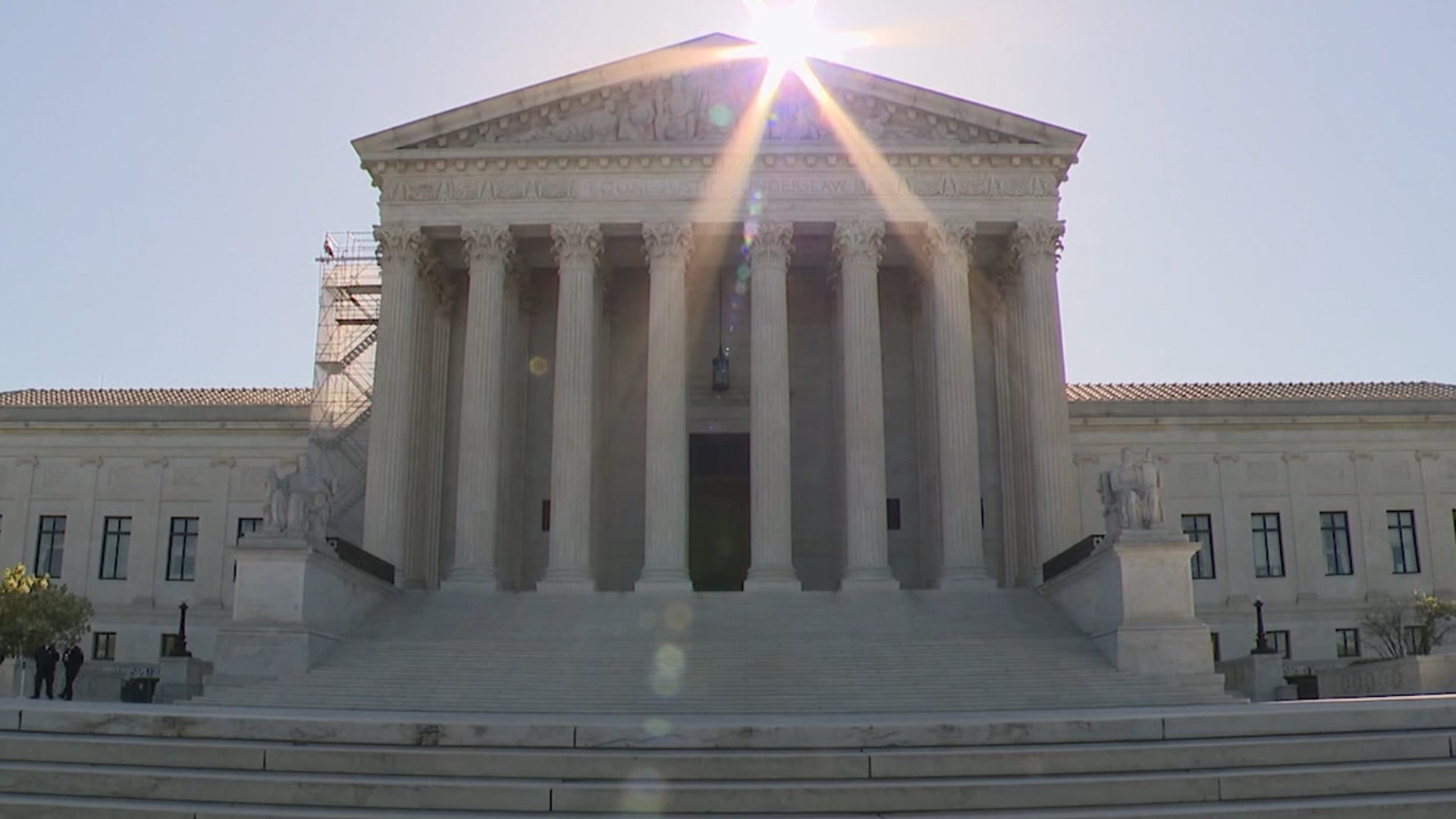HARRISBURG, Pa. — The Supreme Court struck down President Joe Biden’s student debt forgiveness plan. Under the plan, about 40 million Americans would have seen some of their debt canceled.
The Biden Administration argued it had the authority to cancel student loan debt under a 2003 law that allows the government to provide student loan relief during a “national emergency.”
The plan would have removed up to $20,000 of student loan debt per borrower.
The Justices voted 6-3 along ideological lines, ruling that the plan’s price tag—more than $400 billion—was too great to bypass Congress.
“The old civics lesson is that Congress has the power of the purse. The takeaway today is that the court said that’s just way too far a reach without a direct congressional mandate,” said John Jones, president of Dickinson College and a former federal judge.
Since Biden announced the measure in August 2022, 26 million people applied and 16 million were approved for the program. No loans were forgiven, though, as legal challenges took the case all the way to the Supreme Court.
Borrowers will now remain responsible for their full student loan balances, even as the pandemic-related monthly payment pause is set to end in September, with payments due in October.
“This is unfortunate for borrowers, there’s no question about it,” Jones said. “But at the end of the day, if Congress wants to afford some additional relief to those borrowers, Congress has the ability to do that.”
Democrats at the national and state level denounced the ruling.
Sen. John Fetterman (D-PA) wrote in a statement,
“These Justices don’t care about the rule of law. This is a YOLO court, and if they’re wondering why so many Americans no longer have trust in the institution, they have only themselves to thank.”
State Sen. Art Haywood (D-Montgomery) wrote in a statement,
“This decision puts achieving the American dream further out of reach, as student loan debt makes it harder for individuals across the nation to purchase their first home, open a business, or start a family.”
Pennsylvania Republicans, meanwhile, applauded the ruling while calling for other measures to ease student debt.
State Sen. Ryan Aument (R-Lancaster) wrote in a statement,
“While I agree with taxpayers who are celebrating the court’s decision to block total loan forgiveness, I also recognize that we have a serious problem that we cannot ignore… We must do something about the student loan debt crisis. We must fix the flaws in a system that’s no longer serving students—but preying on them instead. And we must do so without forcing taxpayers to repay a debt that isn’t theirs.”
In the afternoon, President Biden announced he would seek alternative relief measures for borrowers.
“I'm announcing today a new path consistent with today's ruling to provide student debt relief to as many borrowers as possible as quickly as possible. We will ground this new approach in a different law than my original plan, the so-called Higher Education Act,” Biden said.
The 1965 law establishes federal aid programs such as grants and loans to help students pay for college. A provision in the act allows the Secretary of Education to compromise, waive or release federal student loans. However, it would likely be a longer process to implement.
Biden also announced a 12-month “on-ramp” repayment program in which borrowers who miss payments during that period will not be put into default or have their credit affected.

